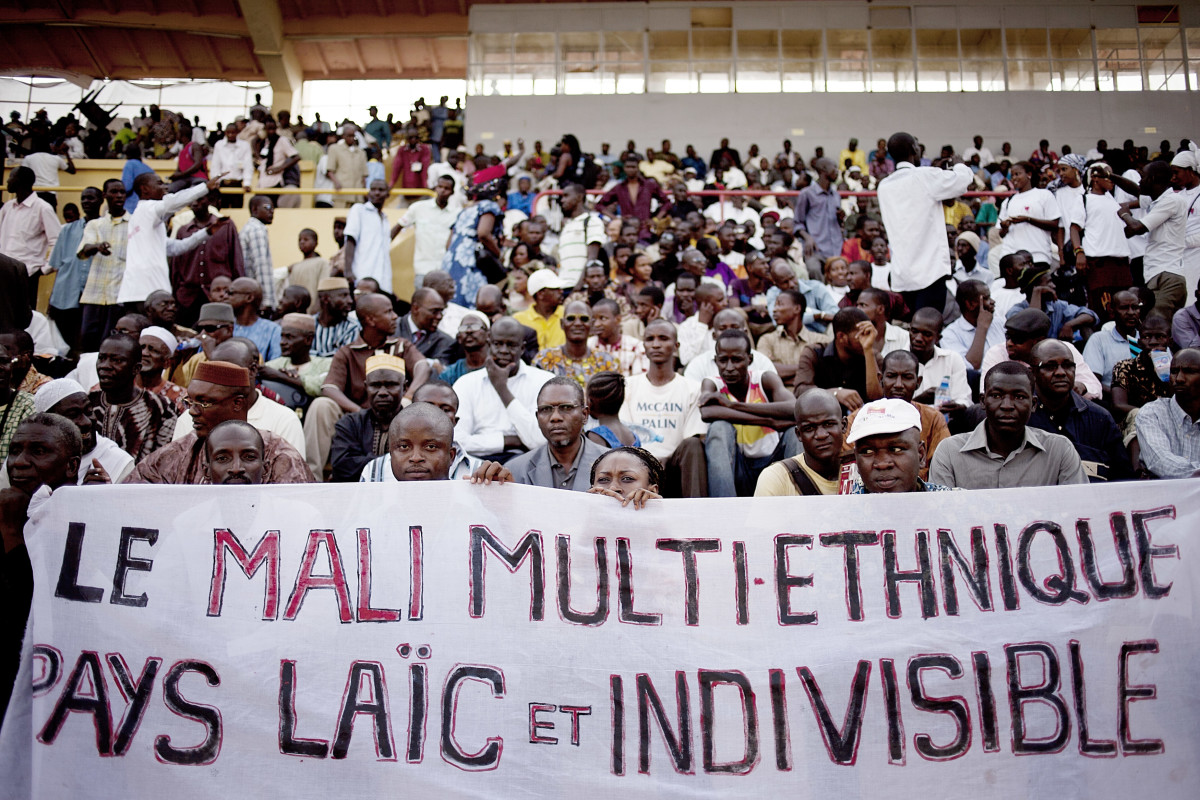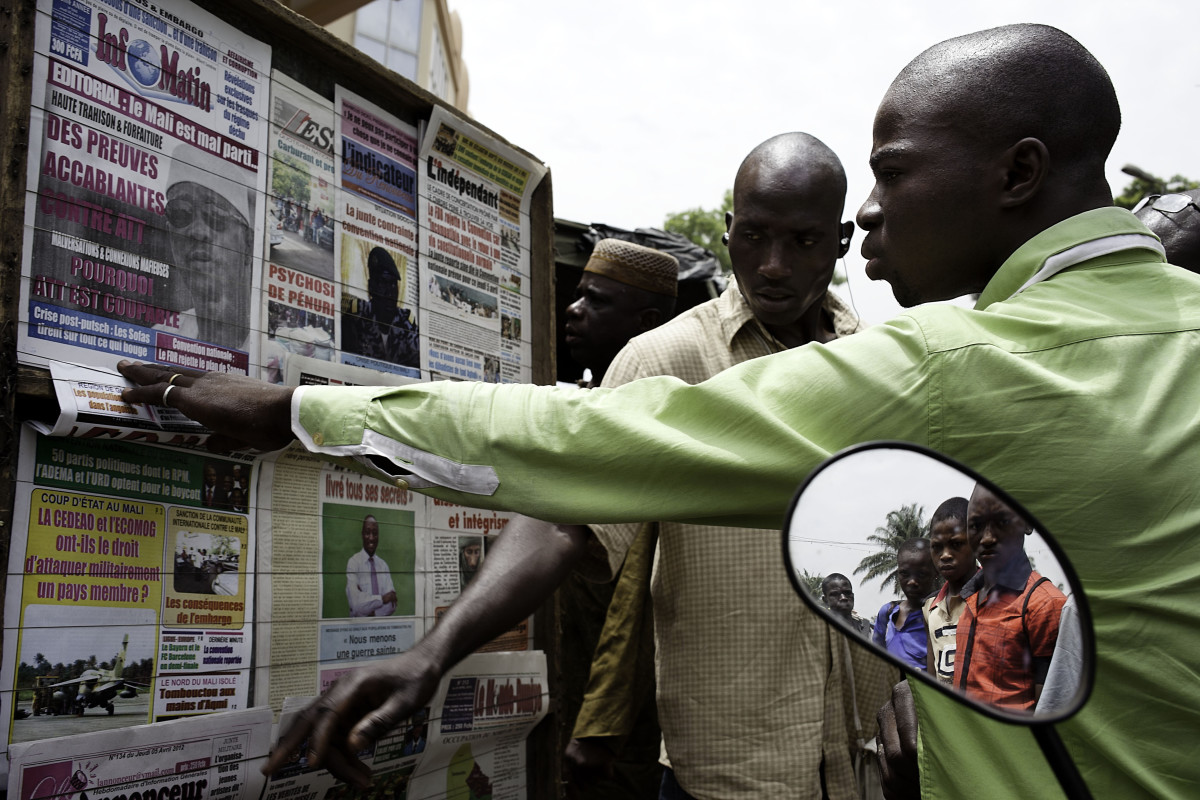In late June two Salafist militant groups took over the cities of Gao and Timbuktu in northern Mali, wresting control of the cities from the ethnic Tuareg separatist group MNLA, who want an independent homeland in Mali’s north. The Salafist militant groups, Ansar Dine and the Movement for Unity and Jihad in West Africa (MUJWA), are both allied with Al Qaeda and demand an Islamic state. Shortly before the takeover, a curious article appeared on a news website sponsored by the US Army’s Africa Command. Claiming that “a mystery airstrike” killed Al-Qaeda operatives north of Timbuktu, the article insinuated that Western drones were likely responsible for the attack, and went on to quote a “terrorism expert” who ominously explained that Western powers “don’t want to give the terrorists more time to re-organise themselves and plan to deal with the war that will inevitably come in the days ahead” (emphasis added).
The presumed airstrike—in a remote desert area, targeting a convoy of militants, shrouded in secrecy—bears many of the hallmarks of America’s covert drone strikes in Yemen and Somalia. The story fell through the cracks of most major media outlets and although the strike itself is unconfirmed, the secrecy surrounding America’s drone program is such that there is no way of finding out if the US is using the robotic killers in Mali. When asked in an email whether the US employs drones in Mali, Nicole Dalrymple, a media officer for Africa Command (Africom) replied: “we do not discuss specifics related to intelligence matters or the arrangements we have in place with partner nations.”
The secrecy surrounding America’s drone program is such that there is no way of finding out if the US is using the robotic killers in Mali.
Yet even if Western powers have not already begun airstrikes in Mali, it seems inevitable they soon will. The Economic Community of West African States (ECOWAS), a West African regional body similar the EU in Europe, has held countless meetings across West African capitals to hash out a plan to send its stand-by force of 3,000+ soldiers to fight the rebels occupying the north, but still awaits the OK from the Malian government, as well as confirmation of funding and “logistical support” from France and the US. This support is integral to getting the mission off the ground; African presidents, including those of Mali’s neighbors Mauritania and Niger, have been lining up in recent weeks to ask for foreign intervention in what they term “Africa’s Afghanistan,” usually voicing their concerns on French radio.
France’s foreign minister Laurent Fabius’s recent remarks to press in Paris gave form to an impending Western-backed intervention: “At one moment or another,” he said, “there will probably be the use of force.”
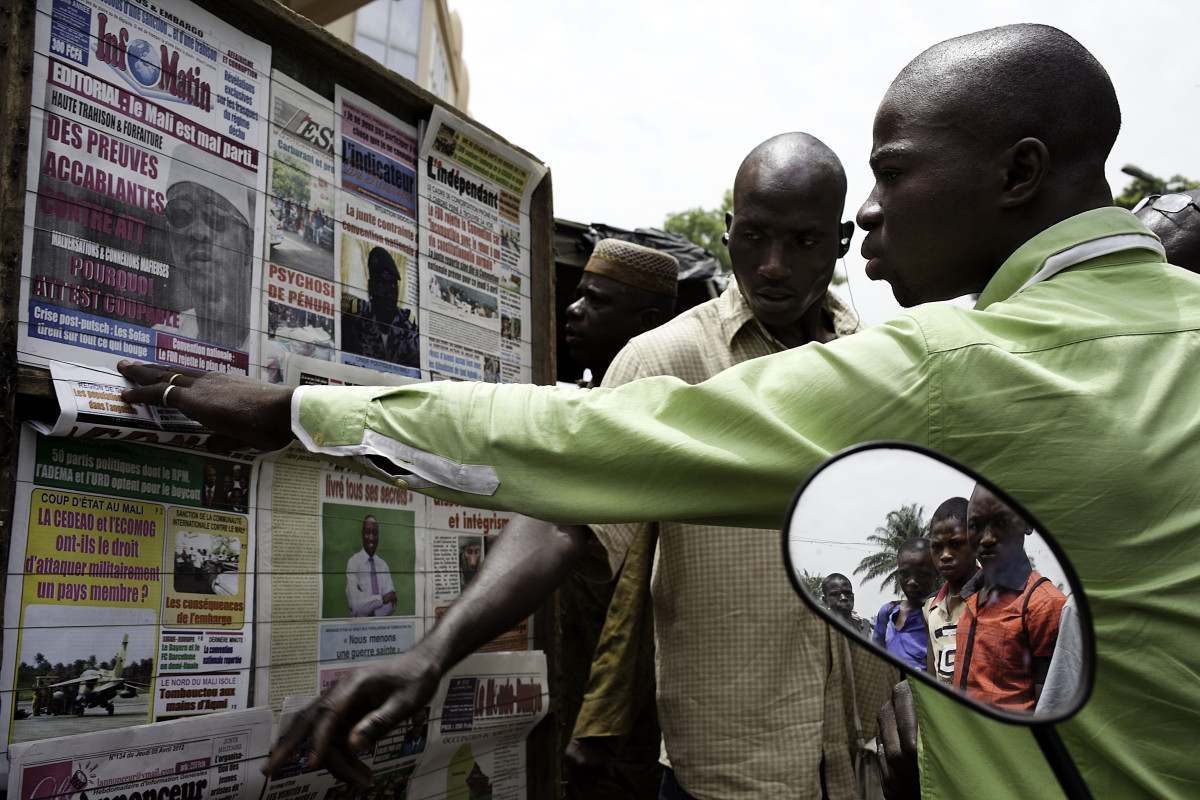
France and the US seem to be pursuing a policy that creates the very problem it is intended to thwart. Ansar Dine and MUJWA, the two dominant groups in the north who have aligned themselves with Al-Qaeda in the Islamic Maghreb, have shown very little interest in harming Western interests, other than kidnappings for ransom. Their goals are domestic; they call for Mali to become an Islamic state. Al-Qaeda’s operations in the region amount to little more than criminal gang activity and consider Western nations secondary targets to more immediate ones like Mauritania and Algeria. Yet they are labeled security threats to the West and thus need to be bombed.
Upon bombing, the West becomes enemy number one and disaffected groups begin to seriously attack France and the US. Washington and Paris are then back to square one. The security threats have become real and then require a military response, completing the cycle of counter-intuitive diplomatic question-begging. How do we know they’re terrorists? They wanted to fight us after we bombed them.
How do we know they’re terrorists? They wanted to fight us after we bombed them.
A counter-argument often surfaces that Al-Qaeda in the Islamic Maghreb and Islamists groups connected to it will attack the West no matter what we do, and therefore “we” must strike first. But those who espouse this logic are sorely ignorant of even the most recent history in the region. After NATO’s intervention in Libya toppled Gaddafi last year, Tuareg fighters fighting in Gaddafi’s army helped themselves to arms and regrouped in northern Mali, knocking over the first domino that has led us to where we are today. The Tuareg fighters then led a rebellion against the Malian government, fighting alongside Ansar Dine and other Salafist militants in their bid to take over the country’s north. After successfully driving the Malian army out of the north, the Salafist militants split with the Tuareg separatists and forced them out of the major towns, leaving Ansar Dine, MUJWA and Al-Qaeda to reign supreme.
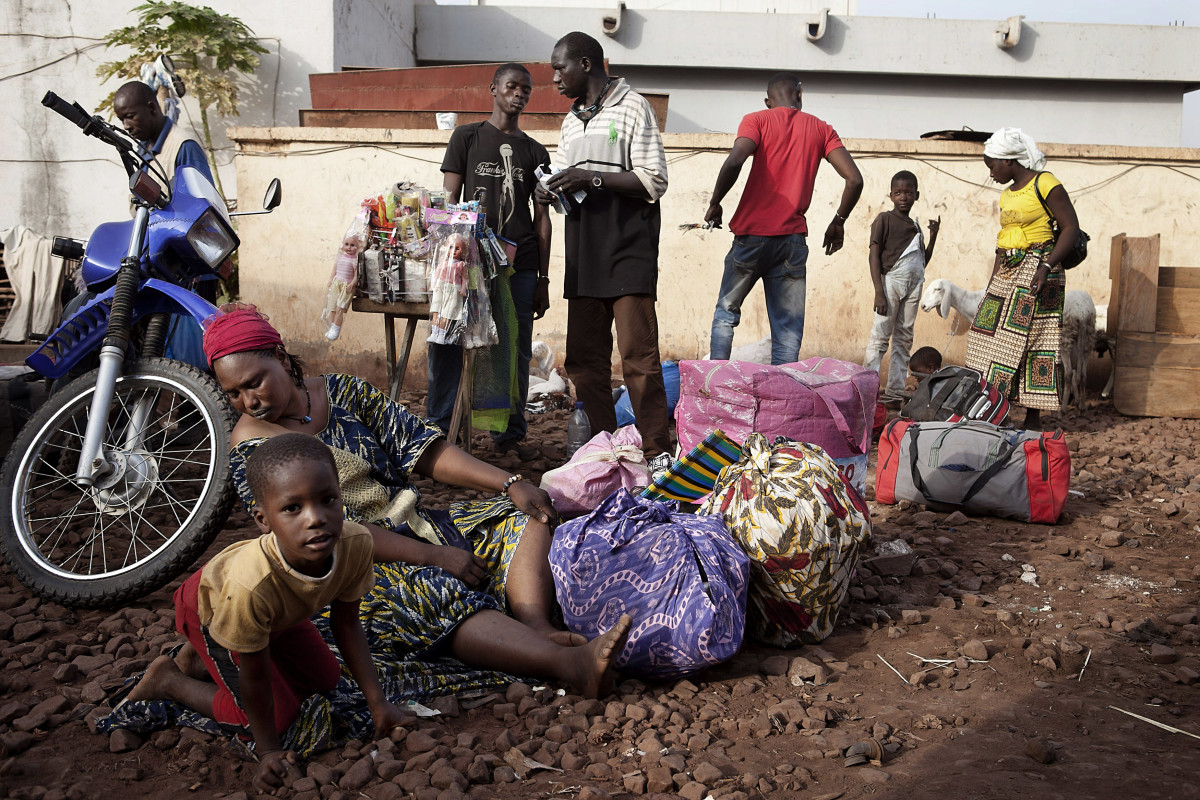
Yet painfully few commentators writing about a future offensive in Mali acknowledge that the present conflict was enabled by fallout from another Western intervention; even fewer contemplate the potential regional fallout from an intervention in Mali. For many journalists and Sahel “experts,” the best response to a jihadist rebellion and state failure that resulted from a NATO intervention is another NATO intervention. Those who advocate supplementing a NATO-funded ECOWAS force with airstrikes ignore more than two decades of failed interventions because they are entrenched in the War on Terror’s circular logic—a logic that can only act in brute force. By doing so, they are propagating a legacy of violent Western domination over the Third World.
Those who advocate supplementing a NATO-funded ECOWAS force with airstrikes ignore more than two decades of failed interventions because they are entrenched in the War on Terror’s circular logic—a logic that can only act in brute force.
In Western nations so used to using military force in sovereign Third World countries, the idea of yet another intervention in an African country way off the American public’s radar does not raise eyebrows. But why, more than 50 years after independence, do leaders of some African states still plead for help from their former colonial powers to ensure control of their territory? In an interview, Achille Mbembe, a political philosopher specializing in Africa, said this pattern of military dependency has continued because neither ECOWAS nor the African Union can effectively “ensure peace and security in the continent, [which] also suffers from the absence of any hegemonic power…capable of driving a powerful African agenda. The void is open for foreign military interventions, none of which solves problems which are structural and historically rooted.”
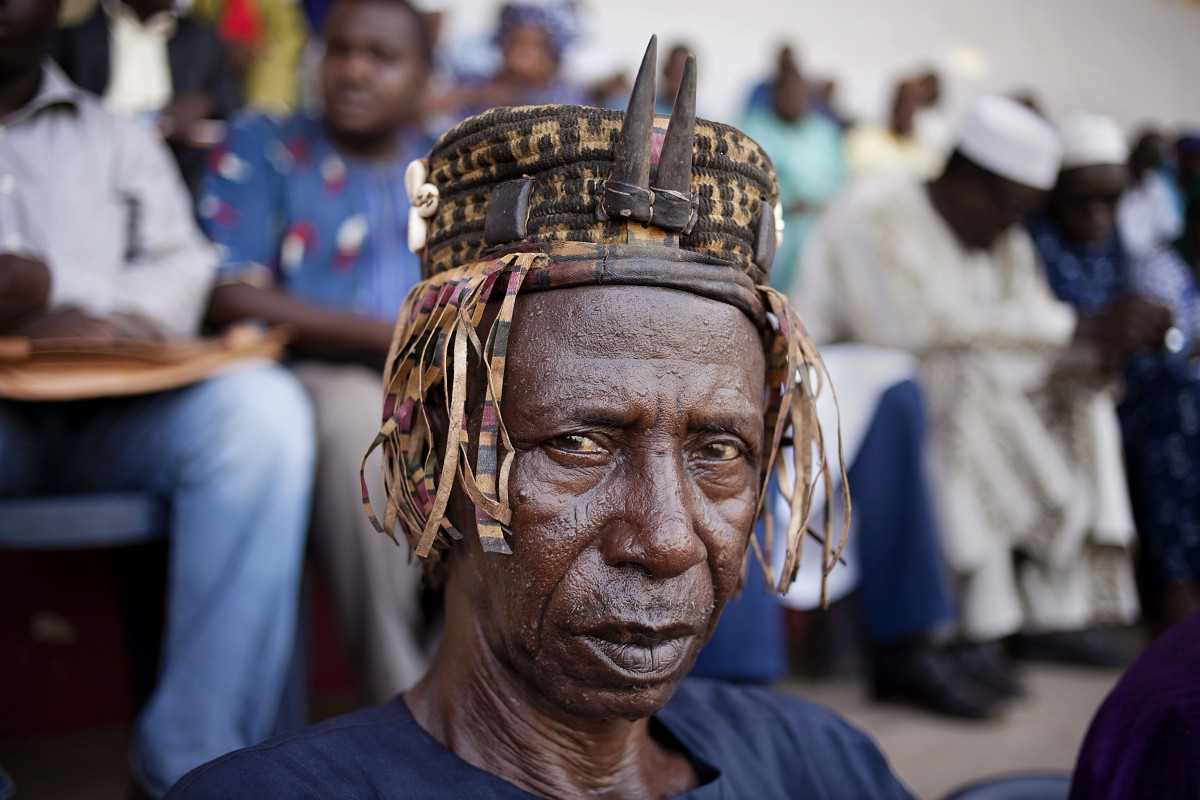
Malians themselves have offered many alternatives to a Western-backed ECOWAS intervention over the past few weeks. Cheick Modibo Diarra, the interim prime minister backed by the international community, as well as Oumar Mariko, a leftist politician aligned with coup leader Amadou Sanogo, have both stated that negotiations with all groups but Al-Qaeda should take priority. If negotiations fail, it is not clear that the Malian army or people want foreign soldiers to intervene. One Malian general was quoted by Malian newspaper Le Challenger saying “It’s our war and we’ll be the ones to fight it. We don’t need foreign troops,” and there have been numerous anti-ECOWAS rallies in the Malian capital Bamako over the past months.
The cost of Africa’s self-determination might be extremely high.
While solutions to the grave impasse Mali is facing are scarce, one thing is clear. “It’s not as if foreign interventions will help the continent to govern itself properly. I don’t know of any historical example where this has happened,” Mbembe told me. “African political actors have to take care of themselves. That might involve long-term conflicts; the cost of Africa’s self-determination might be extremely high. What we see is that the cost of foreign interventions is just as high.”
